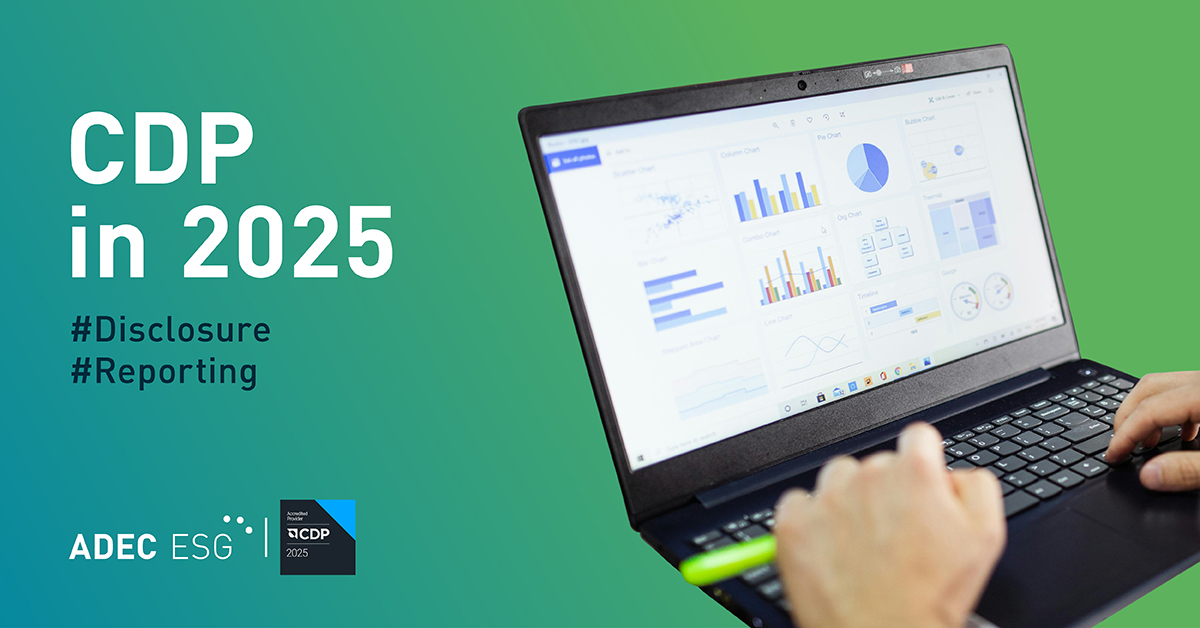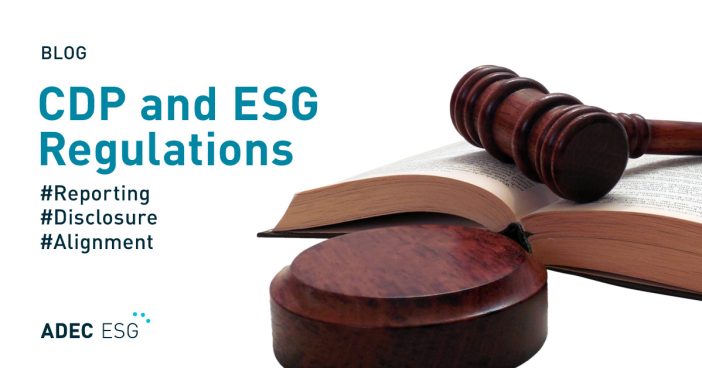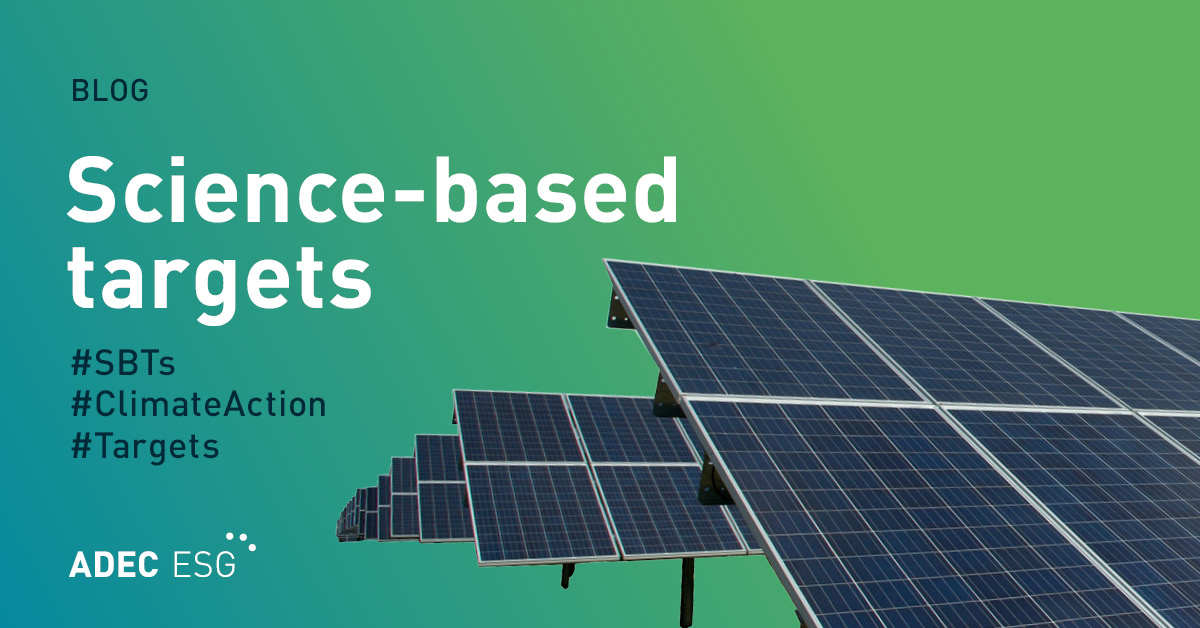With the effects of climate change becoming increasingly pronounced, disclosure of climate risks is critical for businesses. Failure to make a disclosure can facilitate poor investment decisions, asset losses, and the continuation of trade practices that lead to climate change.
According to the November 2015 study Global Non-Linear Effect of Temperature on Economic Production, “unmitigated [global] warming is expected to…[reduce] average global incomes roughly 23% by 2100 and [widen] global income inequality, relative to scenarios without climate change.” Climate risk disclosure makes good business sense—it drives businesses to adopt sustainability measures that will help address climate change. When climate change is managed, profitability is more likely.
Financial Implications of a Company’s Climate Change Risks
Increased awareness of the effects of climate change has created the need for useful climate change information. Businesses’ investors, customers, and other stakeholders are demanding greater transparency through the disclosure of their climate change risks. This demand has become so strong that businesses that fail to disclose their climate change risks could jeopardize their reputations. In 2015, Exxon Mobil was investigated for deceiving both investors and the public about its climate change risks.
In April 2015, the G20 Finance Ministers and Central Bank Governors requested the Financial Stability Board (FSB) to “convene public- and private-sector participants to review how the financial sector can take account of climate-related issues.” The FSB, in response, created the Task Force on Climate-Related Financial Disclosures (TCFD) in December 2015. The TCFD came up with recommendations in four key areas that will help businesses effectively disclose their climate change-related financial risks. These recommendations involve:
- Governance
- Strategy
- Risk Management
- Metrics and Targets
Scenario Analysis
Included in the TCFD’s recommendations for a climate-related financial disclosure is the use of scenario analysis. Markets can be volatile, and climate change risks that are non-existent today may develop in the short- or long-term future. Businesses must be forward-thinking to evaluate and predict future sustainability performance. Scenario analysis allows businesses to picture how the future of their businesses might look if particular trends emerge or continue by anticipating and preparing for potential climate issues.
The TCFD outlines a process for applying scenario analysis to climate-related risks and opportunities:
- Ensure Governance
- Address materiality of climate-related risks
- Identify and define range of scenarios
- Evaluate business impacts
- Identify potential responses
- Document and disclose
Climate Risk Disclosure: Helping Businesses Become More Sustainable and Involved in Climate Change Mitigation
The TCFD’s four recommendations on climate-related financial disclosures, as well as the usage of scenario analysis, effectively help businesses become more sustainable and involved in climate change mitigation. These disclosure recommendations show a link between climate risks and a company’s bottom line; thus, businesses are more inclined to follow them. By following these disclosure recommendations, businesses are able to identify, evaluate and address actual and potential climate change-related risks, leading to better investment decisions, protected assets, greater business continuity, improved reputation among stakeholders, and increased profits.
ADEC Innovations helps you get beyond manual processes and spreadsheet-based tools to help you collect all the data necessary, including your indirect emissions, and to accurately inventory and manage carbon for greater profitability and sustainability. For more information about our disclosure solutions, please click here.




